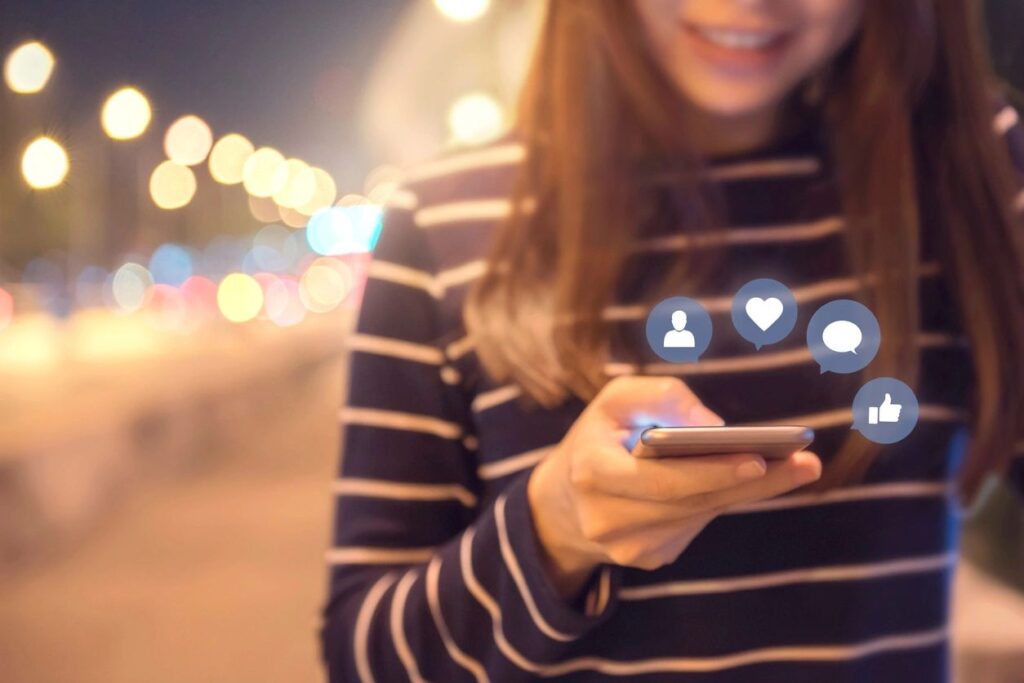
Exploring Social Media’s Impact on Human Psychology
Facebook, Twitter, Instagram, LinkedIn….there seem to be more social networks popping up every day for us to login, create a profile and connect. Initially this seems fun and harmless, an easy way to get back in touch with long lost friends from elementary or high school or stay in touch with family on different coasts. But over time, the now ubiquitous use of social media in modern culture is having a noticeable impact on human psychology and how we socialize, communicate, form friendships, and navigate relationships – especially for the generations raised with it. But is this effect negative or positive? So far, research varies.
First, consider the current usage. According to statistic compiled by AdWeek, Inc.com and the New York Times there is no denying social media’s influence in our daily life:
- There are more than two billion active social media users worldwide, representing a global penetration rate of 28 percent*
- Users between the ages of 15 to 19 spend at least 3 hours a day on average on social media, with 20-29 year olds logging 2 hours a day
That is a significant amount of time, and similar to the rapid growth in television viewing in the 60’s, this rapid change is impacting our behavior and development, and some of it isn’t positive:
- According to research reported by Psychology Today, heavy use of social media has been correlated to narcissistic tendencies. A Canadian study at York University followed Facebook users ages 18-25 and concluded that the people who used Facebook the most tended to have narcissistic or insecure personalities.
- High levels of Facebook use by couples were correlated with negative relationship outcomes such as cheating, breakup and divorce, according to another study at the University of Missouri along with the University of Hawaii and St. Mary’s University.
- A study conducted at Stanford University of 80 Facebook users reviewed the number of positive and negative experience their peers experienced. It concluded users consistently over-estimated the fun their friends had and underestimated their own unhappy experiences and that basically, Facebook may worsen the tendency to think everyone is enjoying themselves more than you are.
However, the flip side of this perspective is the notion that social media is just a neutral medium imparting our existing character, personality or view of the world – or that it may actually have a positive effect.
- Research done at Cornell University concludes Facebook can have a positive influence on the self-esteem of college students because it shows a curated and often very positive version of ourselves.
- A study by Mary Ann Liebert, Inc. also found that viewing and editing your Facebook profile could boost your self-esteem and be a tool for greater self-awareness.
While clearly the jury is still out, the growing field of Media Psychology will continue to study the relationships between emerging media and human behavior to help individuals, corporations, and health professionals better understand social media’s growing impact.
*usage rates as of 2014